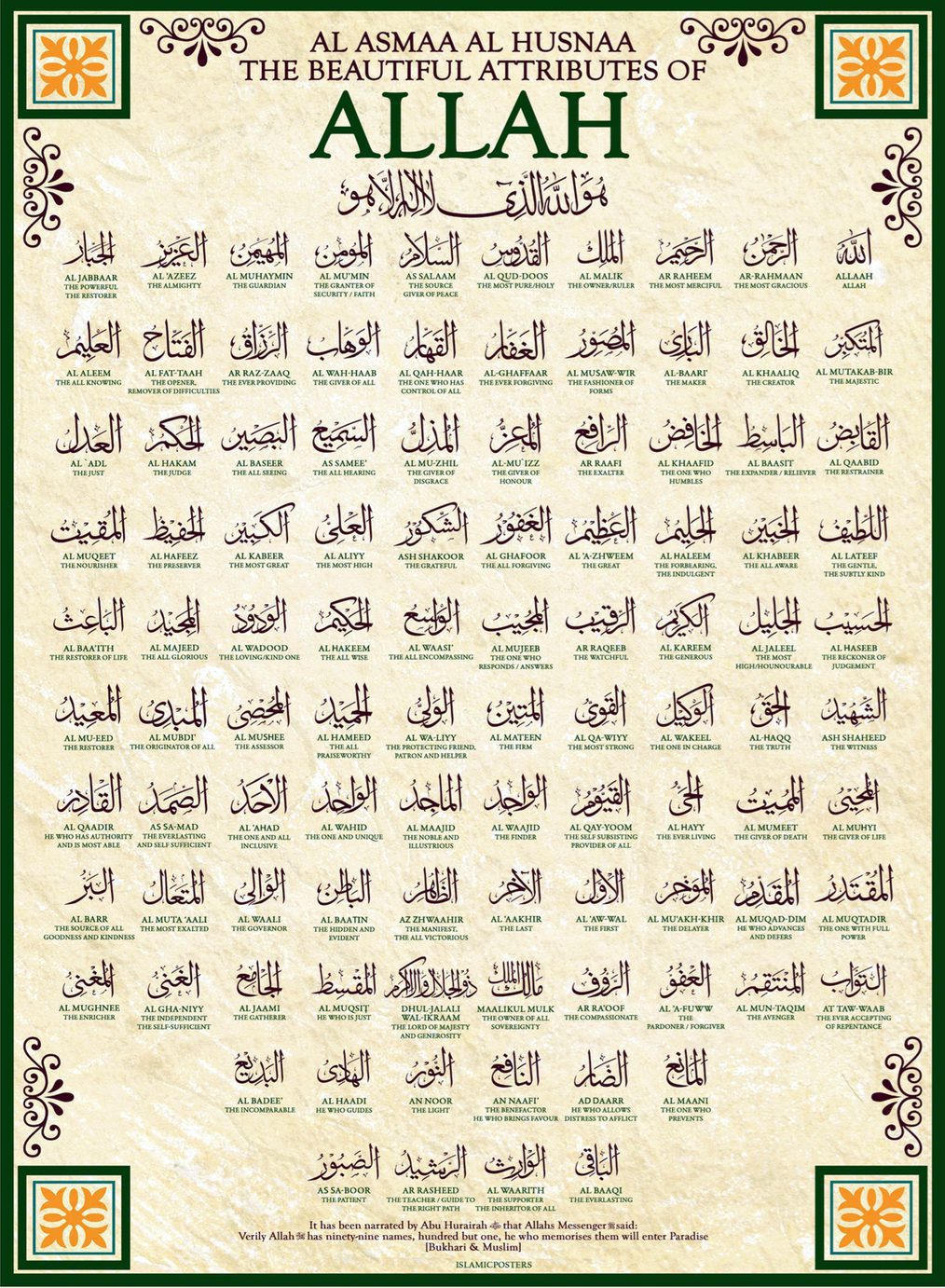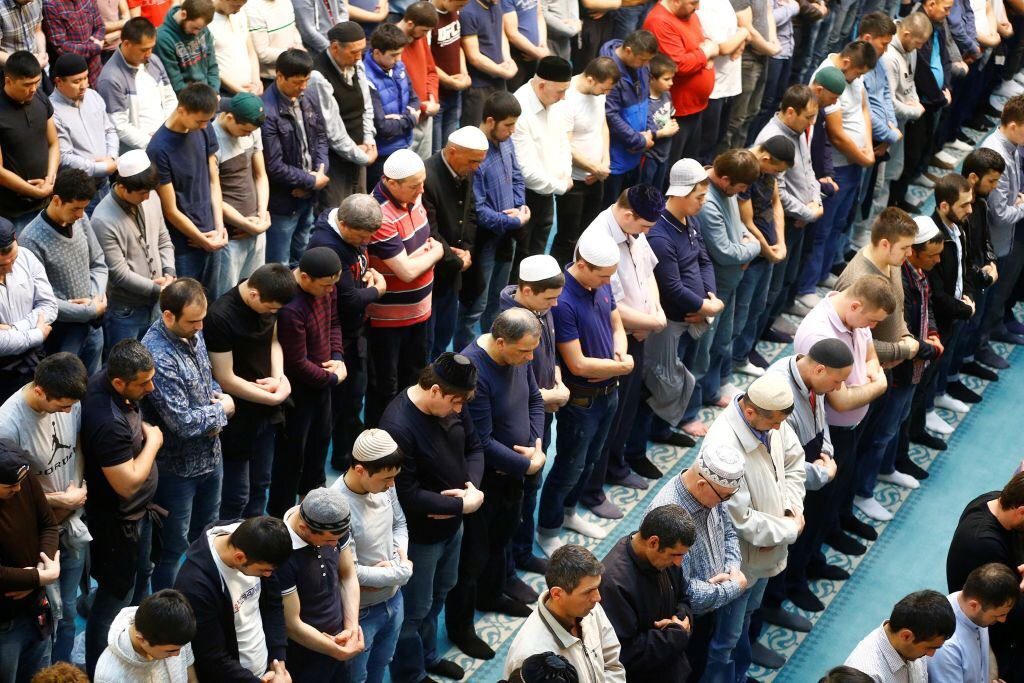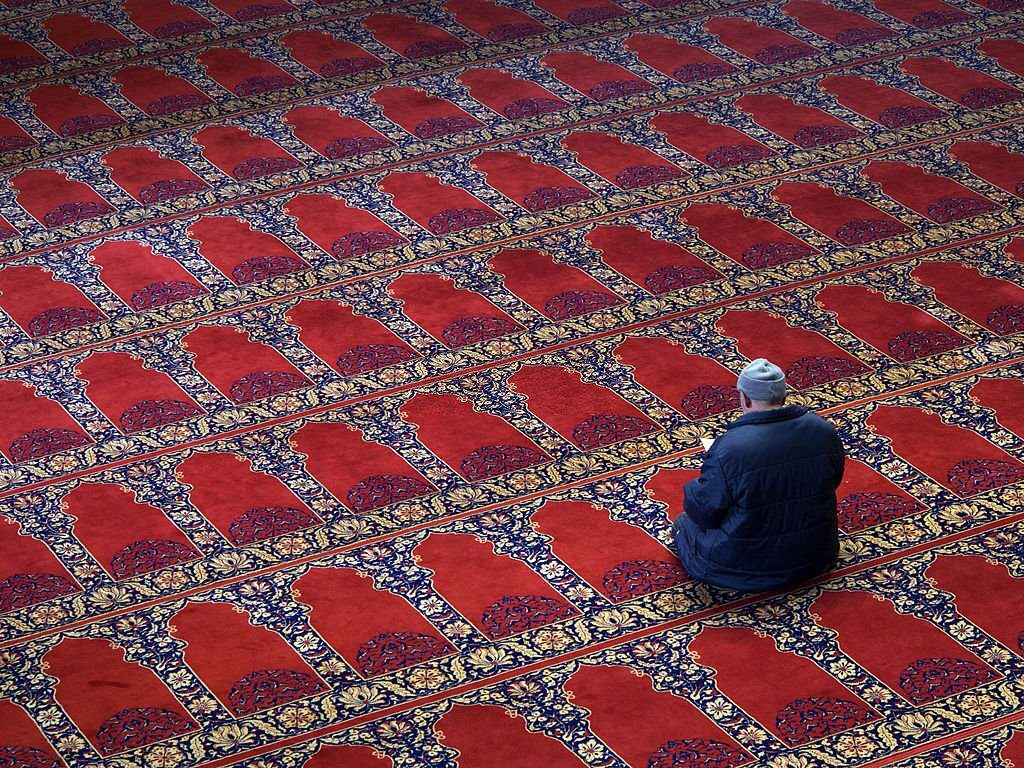بِسْمِ اللهِ الرَّحْمٰنِ الرَّحِيْمِ
In the name of God, the Most Gracious, the Most Merciful.
The term Istikhara specifically refers to the Istikhara Dua made after a prayer, rather than being a distinct method of praying. It is a means through which a Muslim seeks divine guidance from Allah when faced with important decisions or uncertainty about a course of action. Seeking advice from someone more knowledgeable is a natural and wise action, but Istikhara allows one to seek guidance directly from Allah, who knows what the future holds.
Allah alone has knowledge of the unseen, and through the Istikhara Dua, a Muslim turns to Allah, seeking His perfect guidance regarding the matter at hand. This prayer is a source of comfort and reassurance, as it allows the individual to put their trust in Allah, knowing that whatever outcome results from their decision will be the best possible one, as willed by Allah.
Moreover, making the Istikhara Dua is an act of demonstrating reliance and trust in Allah’s wisdom and power. Through Istikhara, the believer asks Allah to guide them towards the path that has already been decreed by His will, seeking peace of mind in aligning with divine wisdom.
When to pray istikhara
The Prophet Muhammad ﷺ emphasized the importance of Istikhara as a crucial part of decision-making in a Muslim’s life. Along with performing Istikhara, he encouraged consulting trusted and righteous individuals, a practice known as Istishara. The Prophet ﷺ regularly practiced this himself, seeking advice from his close companions like Abu Bakr (ra), Umar (ra), and others. This consultation process is evident throughout the Seerah (the Prophet’s life), as he often involved his companions in important matters.
Though Istikhara is commonly associated with significant decisions—such as choosing a career, moving forward with a marriage proposal, or purchasing a house—it is not limited to such major matters. In fact, it is narrated that the Prophet ﷺ taught the Sahaba (his companions) to perform Istikhara for every matter, just as he taught them the Surahs of the Qur’an. [Sahih al-Bukhari #6382]. The early generations of Muslims also made it a habit to seek Allah’s guidance for all their affairs, including what we might consider minor decisions.
How to Perform Istikhara
The practice of Istikhara (seeking Allah’s guidance) is indeed a beautiful Sunnah taught by the Prophet Muhammad (peace and blessings be upon him). The core of Istikhara involves two non-obligatory (nafl) rak’ahs, followed by a specific du’a (supplication), through which one seeks Allah’s guidance in a matter after exerting personal effort and consulting others.
Salat al-Istikhara is a special prayer performed when a person is faced with a decision, seeking Allah’s guidance in choosing the right course of action. After performing two rak’ahs (units of prayer), the individual recites the Dua of Istikhara, asking for guidance. These two rak’ahs can either be performed independently or incorporated into regular daily voluntary prayers, such as the two rak’ahs before Fajr or after Maghrib. Some people may find it more spiritually uplifting to offer these additional rak’ahs during the night prayer (Qiyam al-Layl) after Isha, particularly in the last third of the night when it’s believed to be a time of special mercy and divine response. Others may prefer to perform them earlier in the day for timely guidance, such as before a significant event or decision.
The essence of Istikhara is not to relinquish personal responsibility or effort but to ask for divine clarity after one has reflected and consulted with others. As the Prophet Muhammad (peace be upon him) recommended, Istikhara helps us turn to Allah after we have made personal effort, reminding us to trust in His wisdom, regardless of the outcome.
The istikhara du’a with English translation and transliteration
Istikhara du’a in Arabic:
اللَّهُمَّ إِنِّي أَسْتَخِيرُكَ بِعِلْمِكَ وَأَسْتَقْدِرُكَ بِقُدْرَتِكَ، وَأَسْأَلُكَ مِنْ فَضْلِكَ الْعَظِيمِ، فَإِنَّكَ تَقْدِرُ وَلاَ أَقْدِرُ وَتَعْلَمُ وَلاَ أَعْلَمُ وَأَنْتَ عَلاَّمُ الْغُيُوبِ اللَّهُمَّ إِنْ كُنْتَ تَعْلَمُ أَنَّ هَذَا الأَمْرَ خَيْرٌ لِي فِي دِينِي وَمَعَاشِي وَعَاقِبَةِ أَمْرِي فَاقْدُرْهُ لِي وَيَسِّرْهُ لِي ثُمَّ بَارِكْ لِي فِيهِ وَإِنْ كُنْتَ تَعْلَمُ أَنَّ هَذَا الأَمْرَ شَرٌّ لِي فِي دِينِي وَمَعَاشِي وَعَاقِبَةِ أَمْرِي فَاصْرِفْهُ عَنِّي وَاصْرِفْنِي عَنْهُ، وَاقْدُرْ لِي الْخَيْرَ حَيْثُ كَانَ ثُمَّ أَرْضِنِي بِهِ
Transliteration of the du’a of istikhara:
Allahumma innee astakheeruka bi ‘ilmika wa astaqdiruka bi qadratika wa as’aluka min fadlika al-’adheem fa innaka taqdiru wa la aqdiru wa ta’lamu wa la a’lamu wa anta ‘allaam ul-ghuyoob. Allahumma in kunta ta’lamu anna haadha al-amra khayrun lee fee deenee wa ma’aashee wa ‘aaqibati amree faqdurhu lee wa yassirhu lee thumma baarik lee feehi wa in kunta ta’lamu anna haadha al-amara sharrun lee fee deenee wa ma’aashee wa ‘aaqibati amree fasrifhu ‘annee wasrifnee ‘anhu waqdur lee al-khayra haythu kaana thumma ardinee bih
Translation of the du’a of istikhara:
Signs of Istikhara
It is crucial to understand the profound simplicity of the du’a of Istikhara as taught by our beloved Prophet ﷺ. Istikhara is a sincere prayer for guidance, where we seek Allah’s help in choosing the best path in matters where we are uncertain. This prayer is not meant to request miraculous signs or visions, but rather to humbly ask Allah to guide our hearts toward what is beneficial and to turn us away from what may bring harm. Through Istikhara, we place our trust in Allah, asking for clarity and wisdom in making the right decision. The essence of Istikhara is reliance on Allah, seeking what is good and pleasing to Him in both this world and the Hereafter.
As Allah says in the Qur’an:
“…and consult them in the matter. And when you have decided, then rely upon Allah. Indeed, Allah loves those who rely [upon Him].” (Qur’an 3:159)
The Prophet ﷺ himself taught the du’a for Istikhara and advised his companions to use it in all matters of importance. He ﷺ said:
“When one of you is deliberating over an important matter, he should pray two units of non-obligatory prayer and then say: O Allah, I seek Your counsel by Your knowledge…” (Sahih Bukhari 1162)
Furthermore, the Prophet ﷺ emphasized the importance of trusting Allah in the process of decision-making:
“If you were to rely upon Allah with the reliance He is due, you would be given provision like the birds: they go out hungry in the morning and return full in the evening.” (Sunan Ibn Majah 4164)
Quran and Hadith References
Qur’an (Surah Al-Baqarah, 2:216):
“But perhaps you hate a thing and it is good for you; and perhaps you love a thing and it is bad for you. And Allah knows, while you know not.”
This verse highlights the limitations of human knowledge and emphasizes trusting Allah’s wisdom in all matters.
Qur’an (Surah Al-Baqarah, 2:186):
“And when My servants ask you, [O Muhammad], concerning Me—indeed I am near. I respond to the invocation of the supplicant when he calls upon Me. So let them respond to Me [by obedience] and believe in Me that they may be [rightly] guided.”
This verse emphasizes Allah’s closeness to those who invoke Him, aligning with the spirit of Istikhara, where we seek Allah’s guidance through prayer and supplication.
Hadith (Sahih al-Bukhari 1166):
The Prophet Muhammad (ﷺ) said:
“If anyone of you intends to do something, he should offer two rak’at (units of prayer) other than the obligatory prayer, and then say the Istikhara Dua…”
This Hadith establishes the process of seeking Allah’s guidance through Istikhara.
Hadith (Sahih Muslim 1362):
The Prophet Muhammad (ﷺ) said:
“It is from the happiness of the son of Adam to seek Allah’s guidance and to be content with what Allah has decreed for him…”
This Hadith emphasizes the importance of relying on Allah’s decree and being satisfied with His decisions.
Hadith (Sahih al-Bukhari 6382):
“The Prophet ﷺ used to teach us the way of doing Istikhara, in all matters, as he taught us the Surahs of the Qur’an.”
As narrated by Jabir bin Abdullah (ra):
Hadith (Sunan Ibn Majah 1383):
The Prophet (peace be upon him) said:
“The one who does Istikhara will not be disappointed, and the one who consults (others) will not regret.”
This hadith further highlights the importance of seeking guidance both from Allah and from others, reinforcing the process of making sound decisions.






